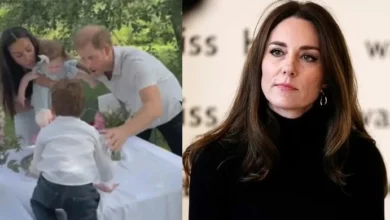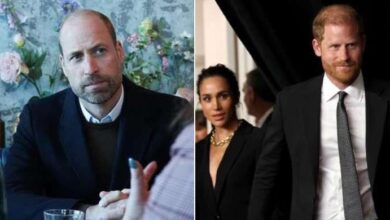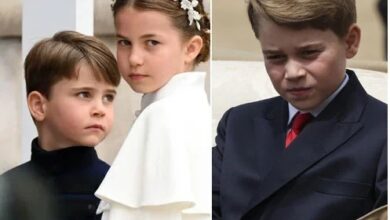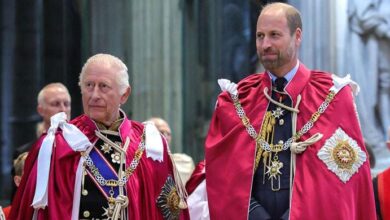Buckingham Palace Goes into Panic Mode as Parliament Moves to Target Andrew Mountbatten’s Titles
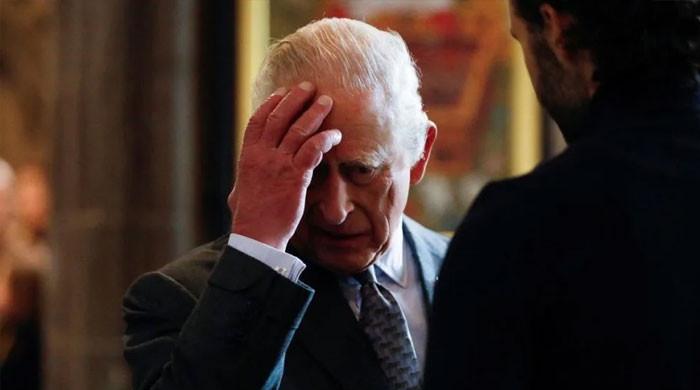
Buckingham Palace has reportedly entered a state of emergency after a political storm erupted over Andrew’s remaining royal privileges. Sources inside the royal establishment say a DEFCON-1 level alert was declared, marking one of the most tense moments in King Charles’s reign so far.
According to insiders, the panic stems from mounting calls across Britain for Parliament to strip Andrew of all remaining titles, including his status as a prince. This comes after weeks of public outrage and political pressure following the shocking revelations in Virginia Giuffre’s memoir Nobody’s Girl.
The Duke of York, now officially Andrew Mountbatten Windsor, had already lost his military honors and the style of “His Royal Highness,” but demands have escalated for Parliament to intervene and ensure a complete severing of royal ties. The move has thrown Buckingham Palace into crisis mode.
A Whitehall source revealed that DEFCON-1 was triggered after lawmakers began discussing the possibility of summoning Andrew to testify under oath. The idea of a royal being questioned by Parliament has caused alarm throughout the institution, threatening to upend centuries of royal precedent.
Celebrity reporter Rob Shuter broke the story on his Substack, revealing that “Parliament was sniffing around,” with senior MPs preparing for a potential inquiry into Andrew’s conduct. “The moment lawmakers start treating a royal like a cabinet minister, everything collapses,” Shuter wrote. “That’s DEFCON-1 at the Palace.”
Shuter explained that the monarchy’s panic is not just about Andrew himself, but the dangerous precedent such an inquiry could set. If Parliament exercises oversight over one royal, it could extend that authority to the royal family’s finances, security, and even the late Queen Elizabeth II’s private decisions.
“The mere specter of hearings sent chills down centuries of royal precedent,” Shuter noted. “If they tug the Andrew thread, more follows private security, foreign dealings, royal finances. Everything unravels.”
According to insiders, this unprecedented political pressure is why King Charles moved swiftly to finalize Andrew’s removal from royal duties and privileges. Shuter emphasized, “We have never seen royal paperwork move that quickly,” suggesting that the decision was made in a matter of days to prevent Parliament from acting first.
Read More: Meghan Markle Accused of Betraying Canada After Ignoring Prince Harry’s Invictus Supporters
The King reportedly acted with quiet urgency, leveraging his close ties with Prime Minister Keir Starmer to keep the situation under control. “The King had leverage, Starmer owes him for discreet whispering in Donald Trump’s ear. Lammy didn’t blink,” one insider told Shuter, referencing Foreign Secretary David Lammy’s firm stance in supporting the Palace’s move.
Palace advisors have privately acknowledged that this drastic step was not taken out of personal resentment or shame, but rather as a strategic maneuver to protect the monarchy from political encroachment. “Andrew was sacrificed to protect the system,” a senior royal aide said. “The King made the hardest call of his reign so far, and it wasn’t for emotion but it was survival.”
The timing of this move is critical. Parliament’s growing interest in royal accountability has sparked fears within the Palace that further investigations could threaten the institution’s independence. If lawmakers were to formally question Andrew, they could open the door to future inquiries into royal finances or private communications a line no monarch has ever allowed Parliament to cross.
For now, Buckingham Palace remains on high alert. Officials are reportedly holding near-daily strategy sessions to manage fallout, while royal communications teams scramble to contain public backlash and reinforce the King’s authority.
Observers note that this moment marks a turning point in the monarchy’s relationship with Parliament. King Charles’s swift and decisive handling of Andrew’s exile may have averted an immediate crisis, but it also exposed the fragility of the royal institution in the modern political landscape.
The Palace’s DEFCON-1 moment serves as a stark reminder of how close the monarchy came to political intervention. As one royal watcher put it, If Parliament had stepped in once, they could do it again and next time, it might not just be Andrew on the line.
